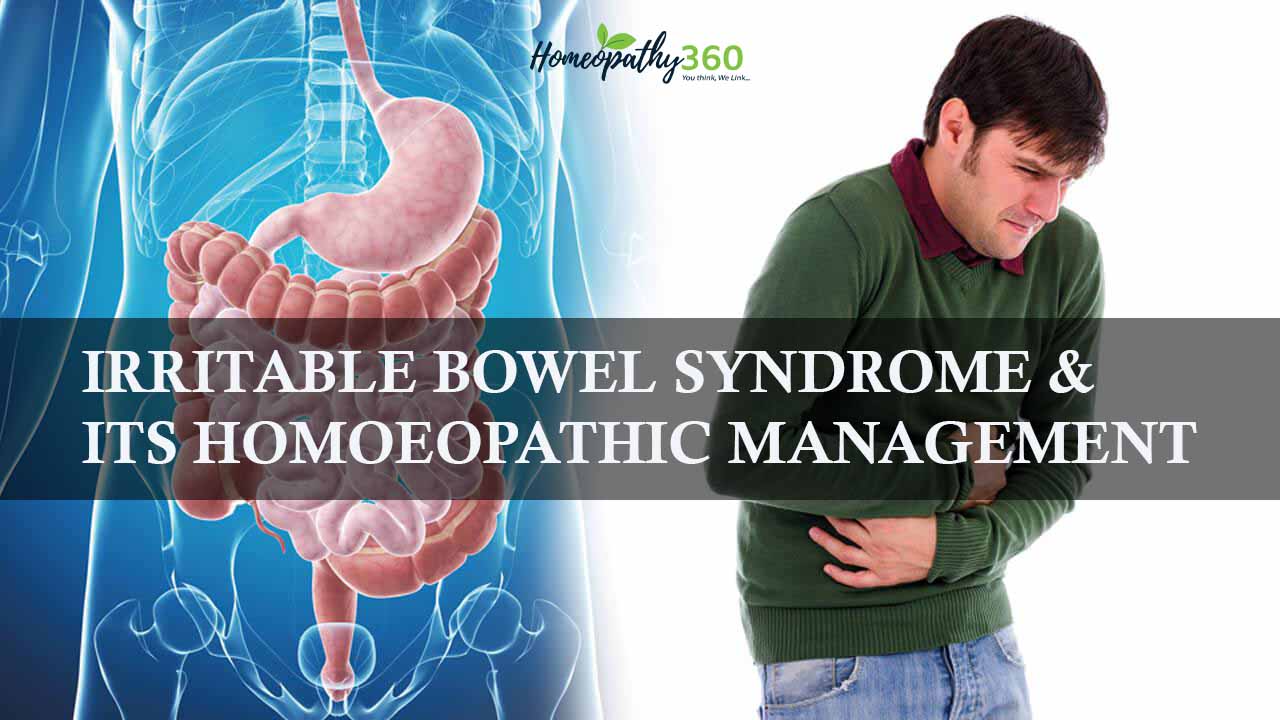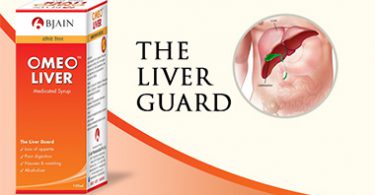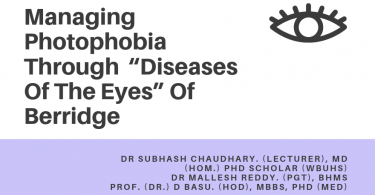
ABSTRACT
Irritable
bowel syndrome is the most frequently found functional bowel disorders nowadays.
Approximately 20% of the general population fulfills the ROME III criteria for
IBS. But only 10% among them consult for their complaints. In India prevalence
of IBS is 7.5%. IBS affects people of all age groups but is more observed in
people of 20-40 years of age. People residing in urban areas are more affected
than rural. Although IBS is not life threatening but, this chronic condition
reduces quality of life of the patient & imposes a significant economic
burden upon them.
KEY
WORDS – IBS, Diarrhoea, Dysentary, ROME III Criteria,
Homeopathic treatment
INTRODUCTION(1)
Irritable bowel syndrome (IBS) is a functional bowel
disorder characterized by periodic or chronic bowel symptoms like abdominal
pain or discomfort & altered bowel habits without any detectable structural
abnormalities.
ETIOLOGY(2)
Precise cause of IBS is still unclear though time to time researchers try
to explain it with several theories. Symptoms in IBS sometimes seem to develop
or flare as a consequence of a severe intestinal infection or to be
precipitated by major life events, poor dietary habits, after eating a large
meal or in a period of considerable stress.
CLASSIFICATION OF IBS(3)
IBS can be classified into:-
1. Diarrhea predominant (IBS-D)
2. Constipation predominant (IBS-C)
3. IBS with alternating stool pattern (IBS-A or pain-predominant).
SYMPTOMS(4)
A. The primary symptoms of IBS are abdominal pain or discomfort in association
with frequent diarrhea or constipation with a change in bowel habits.
B. There may also be urgency for bowel movements evacuation (tenesmus),
bloating or abdominal distension.
C. Other symptoms may be found in association with primary symptoms such as –
i) Symptoms related to genitourinary systems viz. urinary frequency, nocturia,
sense of incomplete bladder emptying etc.
ii) Psychiatric symptoms like depression, anxiety etc.
iii) Chronic fatigue syndrome
iv) Headache & backache.
DIAGNOSIS
OF IBS(4)
There
is no specific diagnostic marker to diagnose IBS, therefore, while assessing
the patient with IBS, recognition of characteristic symptom pattern with the
exclusion of organic gastrointestinal diseases is important.
To diagnose a case of IBS ROME III diagnosis criteria is useful; any patient
fulfilling these criteria can be labeled as suffering with IBS.
Diagnostic Criteria For IBS
Onset
of symptoms at least 6 months before diagnosis:-
1. Recurrent abdominal pain or discomfort.
2. At least two of the following features
i) Improvement with defecation
ii) Association with a change in frequency of stool
iii) Association with a change in stool form .
MANAGEMENT(4)
1. Diet :- Dietary modification is an essential component / part of management in cases of IBS as many patients with IBS attributes their symptoms to specific food. Food that triggers this conditions must be avoided. Full meal at a time or over eating must be avoided. As it may flare the condition, it is better to take 4 to 6 small meal in a day. The soluble fiber supplementation is effective. Curd helps to improve digestion by enhancing growth of healthy bacterial flora in intestines. Eating food that have low fat and high in carbohydrates such as whole grain breads & cereals, rice, pasta, fruits and vegetables etc. are found beneficial. Carbonated beverages such as soda must be avoided. Plenty of fluids must be taken to maintain soft, regular stools.
2. Stress management :- psychotherapy also plays vital role in management . it is helpful in reducing or coping with the stress and resulting into relief in the symptoms of IBS. Relaxation techniques like mediation, yoga, regular walk, changes to stressful situations and adequate sleep is also beneficial.
TREATMENT(5)
IBS requires such lines of treatment where not only physical symptoms are to be
given importance but person as a whole is to be considered , that is why
homeopathy stands high in treatment of cases of migraine than any other streams
of medicine.
Homoeopathic medicines for IBS are following:-
1. Nux vomica – Most common medicine for IBS ,mainly suited to ambitious , hard working people who cannot remain at ease till completing his work. Highly irritable, easily offended, impatient individuals who tends to fond of rich & spicy food and stimulants eg. Tea, coffee, wine, tobacco & smoke etc. IBS is triggered from sedentary habits which include stressful life style, remain in anxiety about his work / business, over mental exertion, irregular food habits. Pain or discomfort/ heaviness in abdomen after eating.
2. Argentum nitricum – Another very useful medicine for IBS, mainly suited to nervous, hurried impatient personalities who always have apprehension & anticipatory anxiety, unable to cope- up stress, any stressful situation causes great apprehension which leads to diarrhea eg:- facing crowd, stage performance, examination/ interview, meeting with new people or attending an engagement etc.
3. Aloe soc – Sudden urge for stool with great sense of insecurity in sphincter ani. Rumbling , gurgling in abdomen followed by sudden & severe urge for stool, inability to control has to rush for closet or it will leak. Great accumulation of wind which causes distress in lower bowels. Uncertain whether stool or flatus will pass. Diarrhea ,after eating and drinking. Colic before and during stool.
4. Ars alb.- Prostration out of all proportion even after passing stool in small quantity is the hallmark of Ars. Alb. Marked restlessness. Thirst increased, drinks frequent but in small sips.
5. Colocynth- colocynth has characteristic sharp,
cutting crampy, spasmodic pain in abdomen of sudden onset which compel the
patient to bend over double. Pain< after eating or drinking.
CONCLUSION – Irritable bowel
syndrome is an altered bowel habit and abdominal pain in the absence of any
detectable abnormality, so that ROME criteria is useful for diagnostic purpose.
The dietary management and Homoeopathic system of medicine has played great
role in cases of IBS.
REFRENCES
1. Saha L. Irritable bowel syndrome: pathogenesis,
diagnosis, treatment, and evidence-based medicine. World J Gastroenterol.
2. Hungin AP, Whorwell PJ, Tack J, et al The prevalence, patterns and
impact of irritable bowel syndrome.
3. Christodoulides S, Dimidi E, Fragkos KC, et al Systematic review with meta-analysis: effect of fibre
supplementation on chronic idiopathic constipation in adults.
4. Böhn L, Störsrud S, Törnblom H, et al Self-reported food-related gastrointestinal
symptoms in IBS are common and associated with more severe symptoms and reduced
quality of life.
5. Boericke’s New Manual of Homeopathic
Materia Medica with Repertory.
Authors :-
Dr. Ashok Yadav
Professor and Head of Department, Department of Practice of Medicine, Dr. M.P.K.
Homeopathic Medical College, A Constituent College of Homeopathy University, Jaipur,
Rajasthan, India.
Dr. Virendra Chauhan
Associate Professor, Department of Practice of Medicine, Dr. M.P.K. Homeopathic Medical College, A Constituent College of Homeopathy University, Jaipur, Rajasthan, India.
Dr. Megha Vyas
MD Scholar, Department of Practice of Medicine (Hom.), Dr. M.P.K. Homeopathic Medical
College, A Constituent College of Homeopathy University, Jaipur, Rajasthan, India.
Dr. Khushi Jani
MD Scholar, Department of Practice of Medicine (Hom.), Dr. M.P.K. Homeopathic Medical
College, A Constituent College of Homeopathy University, Jaipur, Rajasthan, India.
Dr. Garima Choudhary
MD Scholar, Department of Practice of Medicine (Hom.), Dr. M.P.K. Homeopathic Medical
College, A Constituent
College of Homeopathy University, Jaipur, Rajasthan, India.





